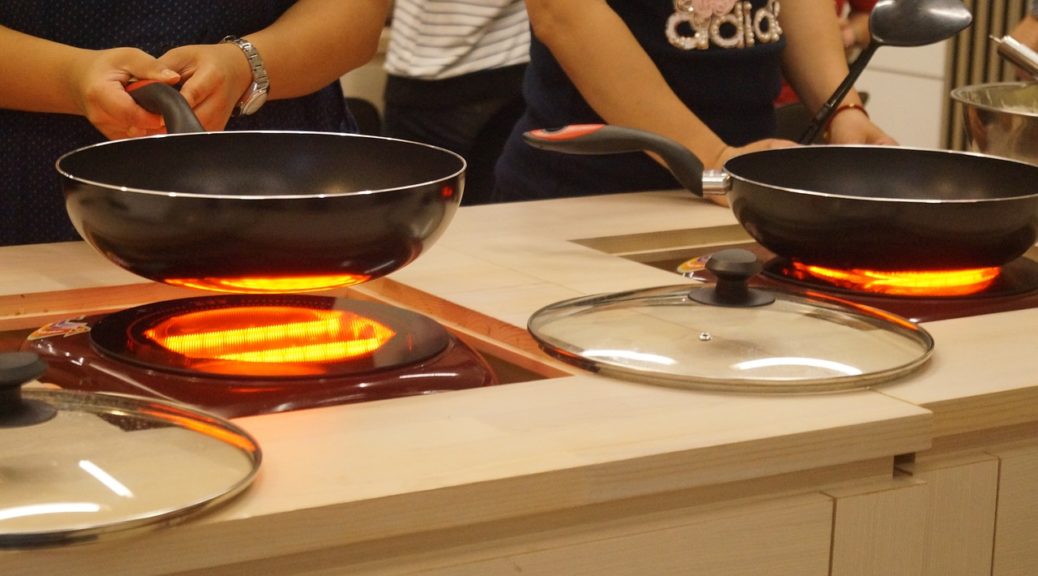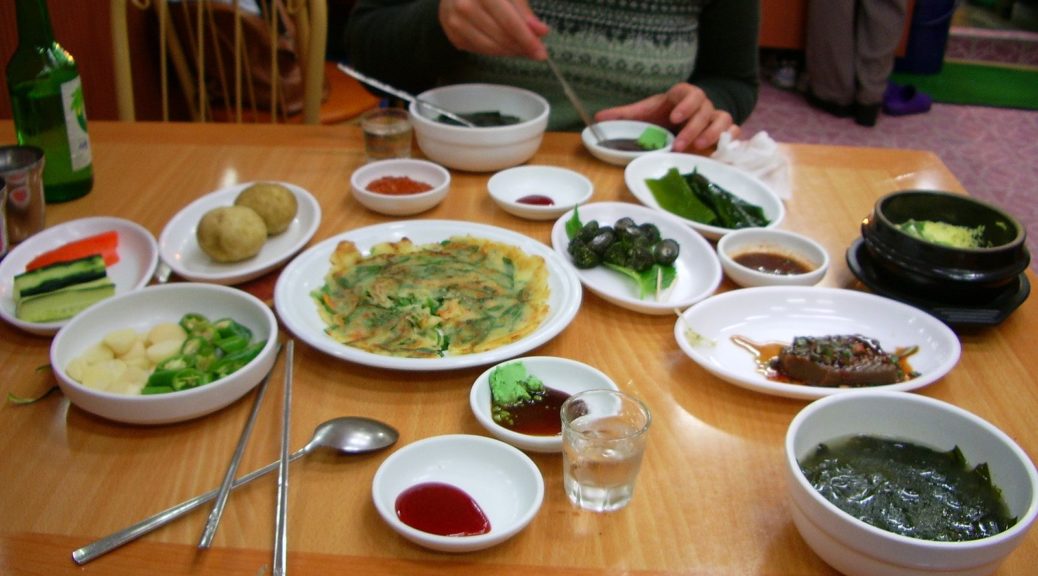There is a lot to prepare for as an incoming college student, or even as a current student. For those getting ready to live on campus, the list of things to do is endless. Whether it is preparing for your courses, purchasing appliances, assembling a grocery list, I would argue that the most important way to prepare is learning how to cook. I am currently a sophomore living in an apartment, which has taught me to be a little more independent. In particular, I have started learning how to cook, something which is much more complicated than it seems. I can tell you now that the first few attempts will not go perfectly, so don’t give up! I have provided some of the easiest recipes for any beginner. All of these recipes have ingredients that can be substituted to fit various diets. Now especially might be a good time to get a head start on practicing these simple recipes while we are all at home in quarantine. You can even ask your family to evaluate how good your cooking skills are by taste-testing!
Continue reading Cooking in CollegeCategory Archives: Food
I’ve been trying to make more Korean food lately.
By Jacqueline Choe
“Trying” is the key word in this title. So is “lately”–I have never made much Korean food before, aside from instant Shin Ramyun with green onions and cheese (the best) and curry rice, which isn’t exclusively Korean and therefore barely counts. It’s hard to learn how to make Korean meals, namely because a) I wasn’t a spectacular cook to begin with, b) the nearest Asian supermarkets are a trip away if you don’t have a car, and c) nothing ever is, and probably never will be, as good as the food my dad and grandma can make.
I grew up in a Korean household with Korean parents making Korean food; I have very fond childhood memories of digging into those packages of green, white, and pink rice cakes with sweet juice in the middle of them (I still have no idea what those are called). We still eat tteokguk (rice cake soup) every New Year’s, which my grandma makes with just the right amount of salt and egg; her tteokguk is probably, legitimately, my favorite food. The most meaningful thing I did this summer was sit down over a hot bowl of sullungtang with my father as we got to know each other a little bit better, one trip to the restaurant at a time. But what is it about food that makes it so powerful?
It took a while for me to notice, but the act of cooking itself is a bizarrely human occupation. It’s an expression of creativity AND an homage to tradition, a means to an end that is sustenance and survival AND a powerful social connector. It’s a foundational block of culture, and of companionship. Many of our memories with our loved ones might be formed over a dinner table, through the vivid weaving of scents and textures that never really escape us. Food is the part of our identity that tells us where we come from, regarding our relationships, our heritage, and our sense of home.
And for someone like me, a college student a bit far from home, who is learning how to build a relationship with herself as well as with others, and who has just entered the horrifying ordeal that is her twenties (learning one day at a time that her parents and grandparents are only growing older, and that if nobody learns her grandmother’s tteokguk recipe in the coming years then something very meaningful will have been lost–cooking is a way of keeping those connections alive. After all, the connections we cherish are part of what defines who we are.
If you’re ever homesick, try cooking something from your culture or hometown, or just something your loved ones made for you once. It’ll make you proud, even if it doesn’t turn out so great. Or better yet, try cooking with a group! I’m getting together with my friends sometime next week–we plan on making gimbap, among some other dishes from other cultures that will not be nearly as good as our families made it but will be good enough for us. And maybe we’ll play some games and have some conversation while we eat, who knows?
As long as there’s cooking involved…I think it’ll be one of those days that I’ll take with me even after it’s over.
Featured image from Wikimedia Commons
Jacqueline is a junior, born and raised in the suburbs near Seattle, Washington. She is a Linguistics and East Asian Languages major, as well as an avid reader and writer, so she loves everything to do with the English language–and all other languages as well! Currently she is studying Japanese, and plans to start next with Korean. In her spare time, aside from reading and writing, she likes to draw, watch movies, learn new recipes, and volunteer for various educational programs.
“Reverse” Culture Shock
By Stephen Kim
“Home.”
This simple word has always been tough for me to understand. For the first 12 years of my life, “home” was right here in Southern California. I was born here in Los Angeles in a Korean-American household and grew up in a small suburban city for most of my childhood. Then everything changed in 2006 when our family decided to move to Indonesia, a distant country halfway around the world. In leaving America, I was leaving my “home,” my friends, my extended family, American culture, American food, and an American lifestyle.
By this time I was just about to start seventh grade in a completely new surrounding. I was completely unaware of the language, culture, geography, and lifestyle of this new environment. But in almost no time at all, I quickly adjusted to my new life in Indonesia. Our international school required us to take Indonesian language classes and after two years of language courses, I could say that I was comfortable speaking the language and could get around the city and partake in everyday conversational dialogue. I also met some amazing people there who would become some of my closest friends. Interestingly enough, I wasn’t a big fan of the food at first, but a few years into it, I learned to love it. We also got to know our local neighbors who taught us Indonesian manners and way of life. In no time at all, Indonesia had become my “home” away from “home.”
In 2012, I graduated from my international school and came back to the States for college. After finally feeling like Indonesia had become my home, I had to leave. I had to leave all my best friends, the food that I had begun to love, and the slow-paced lifestyle that living in Indonesia had to offer. I got on the plane and a couple days later landed at LAX. I was finally “home” again. But it felt so unfamiliar, like I was in a new place. It didn’t feel like the same place I grew up in for the first 12 years of my life. Trying to re-adjust, I realized that my old friends all changed. The trends were all different. Everything about the life I remembered was vastly different. Just when I could comfortably call Indonesia “home,” I had to come back to America, to a place where my original “home” didn’t feel like it.
And this is what I like to call “reverse” culture shock. It was culture shock in the sense that it was this feeling of disorientation that I experienced when I was suddenly subjected to an unfamiliar culture or way of life. It was “reverse” in the sense that “home” didn’t feel like “home” again. It should have been a place of security, familiarity, and comfort, but I felt confused and lost. The hardest part of it all was that no one could relate to the things I was feeling. It was hard to find people who could empathize with me.
After much reflection, a revelation hit me. Rather than always asking, “Where is home?” a more appropriate question is “How can I feel at home?” or “How can I make this place my home?” If home indeed is where the heart is, then how can I put my heart into the situation I’m in now? How can I devote my time learning its way of life and its culture? How can I invest my life into the relationships I have here? As Maya Angelou so eloquently puts it, “I long, as every human being, to be at home wherever I find myself.”
Featured image by Heni Tanseri on Pexels
Graduated from USC and was a one-on-one conversation partner while he was a student.



